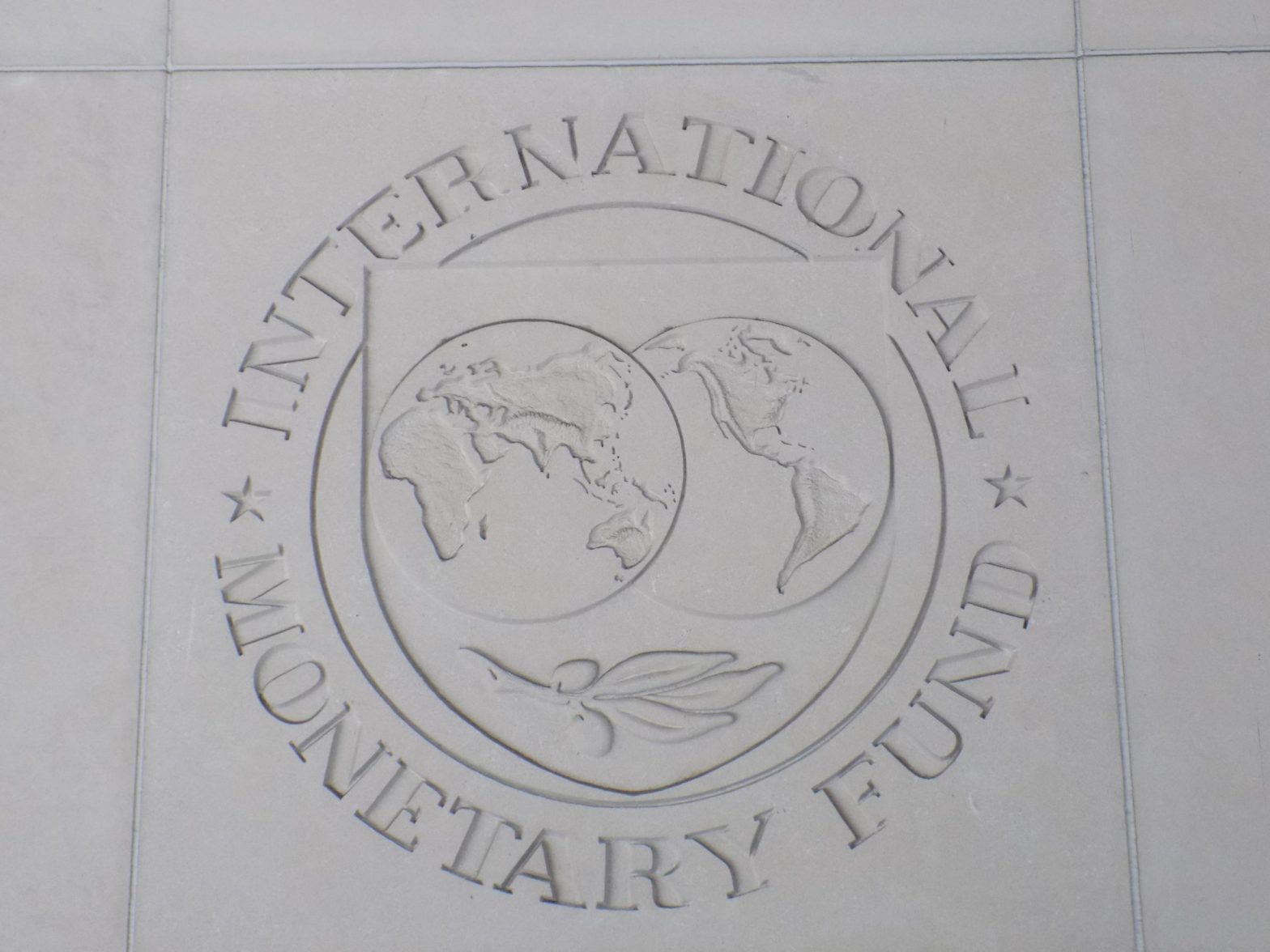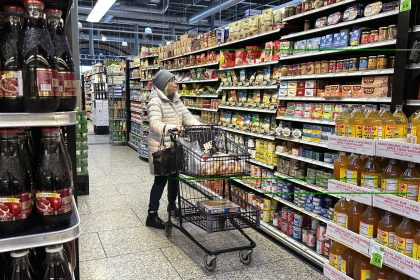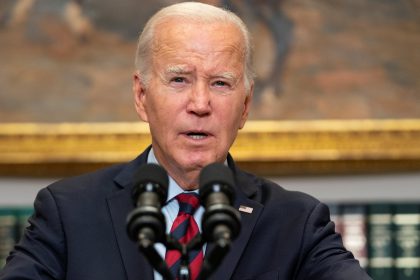IMF Downgrades Global Growth Outlook on Supply Chain Woes, Uncertainty

WASHINGTON — The International Monetary Fund on Tuesday downgraded its estimate for global gross domestic product growth this year, citing supply chain concerns and uncertainties related to the pandemic.
However, the global financial institution suggests growth should rebound next year.
The IMF publishes its World Economic Outlook twice a year, summing up its staff economists’ analyses of the world economic health in the near and medium term.
In the latest edition, the Fund says it expects global gross domestic product to grow by 5.9% this year — 0.1 percentage point lower than its July estimate.
Looking toward 2022, the IMF has kept its global growth projection at 4.9%. Beyond 2022, global growth is projected to moderate to about 3.3% over the medium term.
“The outlook for the low-income developing country group has darkened considerably due to worsening pandemic dynamics. The downgrade also reflects more difficult near-term prospects for the advanced economy group, in part due to supply disruptions,” said IMF chief economist Gita Gopinath in an accompanying blogpost.
She went on to express deep concern about the divergence of the pace of recovery from the pandemic in advanced and emerging economies.
“These divergences are a consequence of the ‘great vaccine divide’ and large disparities in policy support,” she wrote.
“While almost 60% of the population in advanced economies are fully vaccinated and some are now receiving booster shots, about 96% of the population in low-income countries remain unvaccinated,” Gopinath continued. “Furthermore, many emerging market and developing economies, faced with tighter financing conditions and a greater risk of de-anchoring inflation expectations, are withdrawing policy support more quickly despite larger shortfalls in output.”
Supply disruptions pose another policy challenge, she said.
“On the one hand, pandemic outbreaks and climate disruptions have resulted in shortages of key inputs and lowered manufacturing activity in several countries,” Gopinath noted. “On the other hand, these supply shortages, alongside the release of pent-up demand and the rebound in commodity prices, have caused consumer price inflation to increase rapidly in, for example, the United States, Germany, and many emerging market and developing economies.
“Food prices have increased the most in low-income countries where food insecurity is most acute, adding to the burdens of poorer households and raising the risk of social unrest,” she added.
In the U.S., consumer prices rose 5.4% in July, before easing slightly in August, and the IMF predicts that “for the most part” inflationary pressures should subside in 2022.
“In some emerging market and developing economies, price pressures are expected to persist because of elevated food prices, lagged effects of higher oil prices, and exchange rate depreciation lifting the prices of imported goods,” the executive summary of the report said. “However, great uncertainty surrounds inflation prospects—primarily stemming from the path of the pandemic, the duration of supply disruptions, and how inflation expectations may evolve in this environment.”
When it comes to monetary policy, the IMF said while “central banks can generally look through transitory inflation pressures and avoid tightening until there is more clarity on underlying price dynamics, they should be prepared to act quickly if the recovery strengthens faster than expected or risks of rising inflation expectations become tangible.
“In settings where inflation is rising amid still-subdued employment rates and risks of expectations de-anchoring are becoming concrete, monetary policy may need to be tightened to get ahead of price pressures, even if that delays the employment recovery,” the report continued.
But the IMF also said “The alternative of waiting for stronger employment outcomes runs the risk that inflation increases in a self-fulfilling way, undermining the credibility of the policy framework and creating more uncertainty.
“A spiral of doubt could hold back private investment and lead to precisely the slower employment recovery central banks seek to avoid when holding off on policy tightening,” it warned. “By contrast, monetary policy can remain accommodative where inflation pressures are contained, inflation expectations are still below the central bank target, and labor market slack remains. The unprecedented conjuncture makes transparent and clear communication about the outlook for monetary policy even more critical.”






















